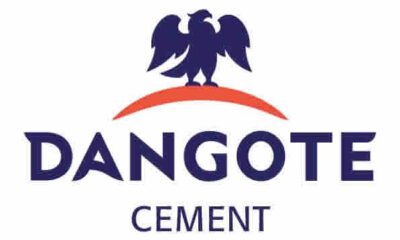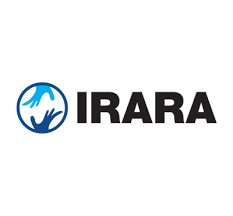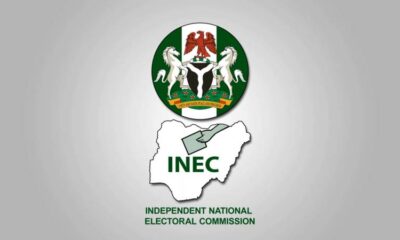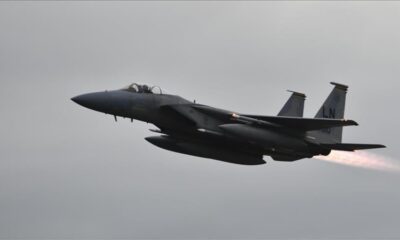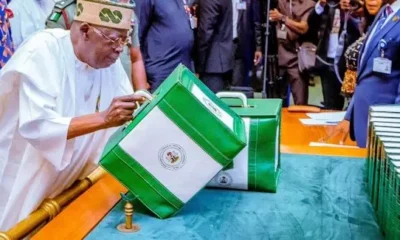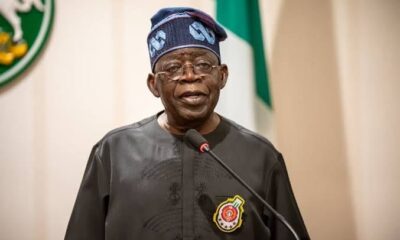Business
Petrol may hit N1,163/litre as FG targets N4.8tr yearly from fresh tariff
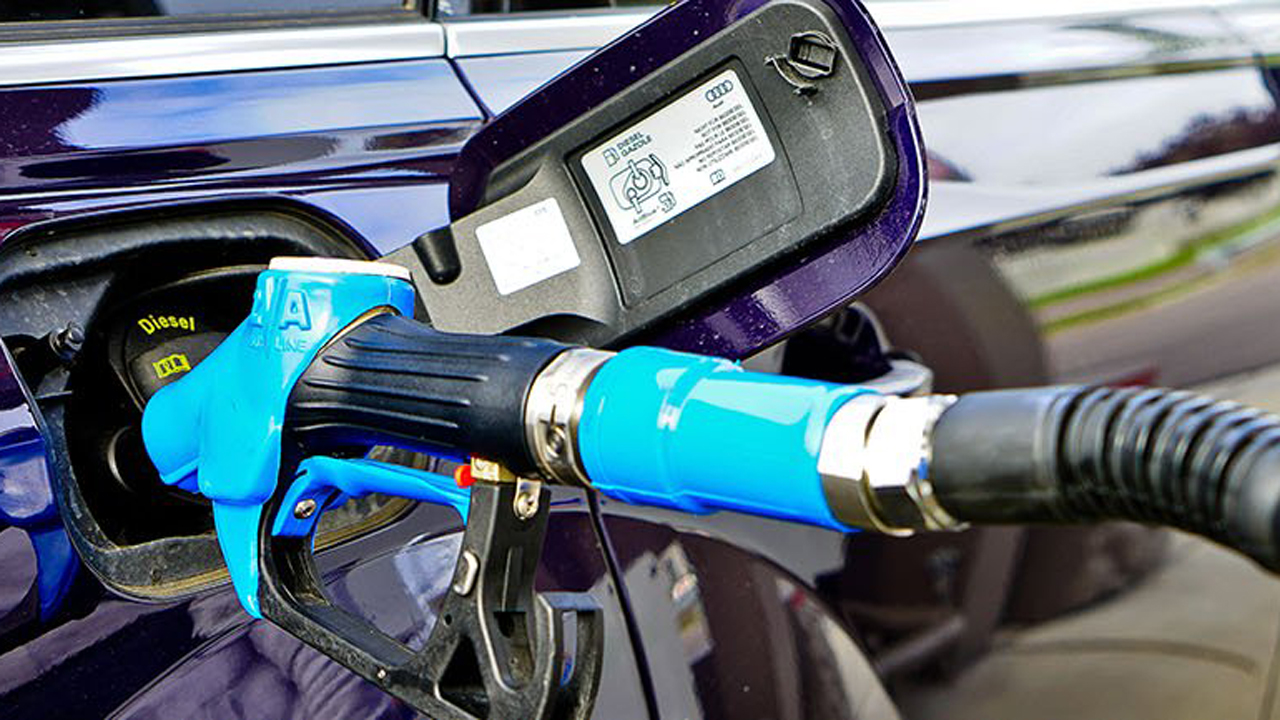
• Stakeholders kick, marketers to profiteer as FG protect local refineries
• Petrol may hit N1,163.75/litre as economists fear inflation, worsening poverty
President Bola Ahmed Tinubu’s administration is proposing a new tariff regime that could see motorists and industries pay an estimated N4.8 trillion yearly in fresh taxes on petrol and diesel.
Coming amid worsening poverty, the new tax regime and the government’s inability to cushion the impact of subsidy removal, the 15 per cent import duty, alongside the 7.5 per cent Value Added Tax (VAT) attached to tariffs, is expected to raise fuel prices by at least 22.5 per cent, pushing the pump price of petrol from the current average of N950 per litre to around N1,163.75 per litre.
The 15 per cent duty is coming at a time when the government has already legislated a five per cent surcharge on refined petroleum products contained in the Nigeria Tax Administration Act, which is meant to take effect from 2026.
Currently, Nigeria consumes about 48 million litres of petrol and 14 million litres of diesel daily; roughly 62 million litres in total. Applying the proposed tax structure translates to an additional N13.2 billion per day, or N4.8 trillion per year, which would be passed directly to consumers.
The government insists the tariff is not revenue-driven but corrective, designed to protect domestic refineries such as the Dangote Refinery and the rehabilitated NNPC facilities. However, analysts and stakeholders warn that the policy could stoke inflation, deepen poverty, and create opportunities for profiteering in a sector already plagued by weak regulation and high volatility.
A leaked policy memorandum sent to the President by senior government officials described the proposal as a “measured import tariff on Premium Motor Spirit (PMS) and Diesel” aimed at “reinforcing national energy security, safeguarding local refining capacity, and stabilising the downstream market.”
The document recalls that Tinubu had, in July 2024, approved the settlement of crude oil dedicated to domestic consumption in naira to strengthen local refining capacity and reduce exchange rate exposure.
According to the memorandum, price instability persists because import parity, rather than cost recovery, remains the dominant benchmark in the market. Imported fuel often sells below the recovery point of domestic refiners, especially during currency fluctuations.
“Left unchecked, these risks undermine our nascent refining sector at the very point of recovery,” the document stated. The government’s stated objective is to prevent duty-free imports from undercutting local refineries while “maintaining healthy competition and protecting consumers.”
Under the proposed arrangement, a 15 per cent ad valorem duty will be applied on the cost, insurance, and freight (CIF) value of imported petrol and diesel. At current import costs, this represents about N99.72 per litre, which the government claims would bring imported products closer to local cost recovery levels. The tariff proceeds will be paid into a Federal Government revenue account managed by the Nigeria Revenue Service, with verification by the Nigerian Midstream and Downstream Petroleum Regulatory Authority (NMDPRA).
Ironically, a September 2025 presentation by S&P Global revealed that locally refined petrol already costs more than imported fuel shipped to West African markets.
The report showed that petrol sold in Lomé, Togo, for just under N800 per litre, while marketers were paying N820 per litre to procure the same product from the Dangote Refinery in Lagos. When freight costs from Lomé to Lagos were added, the landed price rose to slightly above N840 per litre, still cheaper than the Dangote ex-depot price.
Lomé serves as West Africa’s leading ship-to-ship (STS) hub, where refined products from Europe, the U.S. Gulf, and the Middle East are transferred to regional buyers. The “Gasoline STS Lomé” price already includes ocean freight, insurance, and STS transfer premiums. The fact that locally refined products in Lagos are more expensive than imports delivered to Lomé raises questions about refinery cost structures, logistics efficiency, and market competitiveness.
Given that imported fuel attracts a 15 per cent duty, theDangote Refinery could legally peg its retail price to the foreign benchmark plus the tariff, ensuring fatter profit margins. This pricing model mirrors the so-called “Follow Our Own Dollar (F.O.O.D.)” principle, where local producers align prices with international benchmarks rather than domestic production realities. Economists warn that such dynamics could undermine the expected benefits of local refining, leaving consumers exposed to international market fluctuations.
Energy economist Prof. Wunmi Iledare described the policy as a “strategic inflection point” but cautioned that it represents “short-term pain for potential long-term gain.” According to him, the 15 per cent duty aims to protect domestic refineries, reduce import dependency, and foster a naira-based oil economy. “From a petroleum economics standpoint, it is both protective and corrective, a fiscal instrument to create a level playing field for local refiners such as Dangote and the NNPC refineries,” he explained.
Iledare, however, warned of possible inflationary pressures as importers transfer the cost burden to consumers.
“Sound energy policy must balance protection with competition and equity with efficiency. Without adequate safeguards, we risk market concentration and higher consumer costs,” he said.
Partner at Kreston Pedabo, Olufemi Idowu, noted that when combined with VAT, the policy effectively raises fuel prices by 22.5 per cent. “While the goal may be to promote local refining and energy self-sufficiency, the immediate consequence will be a rise in transportation and production costs,” he said.
For households, this means higher commuting and utility expenses; for manufacturers, it could translate to slimmer profit margins or increased prices for goods and services.
He added that if properly managed, the policy could still offer long-term gains, reducing foreign exchange exposure and stabilising the downstream market. “But the transition must be carefully managed to avoid worsening inflation and eroding consumer confidence,” Idowu warned.
The President of the Nigerian Economic Society (NES) was more critical, questioning the rationale behind the tariff.
“Is it to raise revenue or protect domestic producers? Either way, the timing is wrong. Inflation is already among the highest in the world, and transportation costs are key drivers. With limited public transport and no viable alternatives to petrol and diesel,” the economist argued, “the tariffs will only worsen living costs and deepen poverty,” he said.
Industry insiders are equally sceptical, as a senior downstream operator who requested anonymity said the new tariff could open doors for profiteering and regulatory capture. “The government may not be able to differentiate between domestic and imported supply, similar to past experiences where forex allocations were exploited,” the source said.
He also warned that some marketers might struggle to meet import obligations as they would now have to make outright payments, increasing cash flow pressures. He added, “The product we produce locally is always more expensive; that’s why the government resorts to import bans or tariffs. But historically, prices never go down after such measures. The sensible approach is to allow both imports and local production to coexist: this moderates prices and compels local producers to be efficient.”
The source emphasised that rather than shielding refineries through protectionist tariffs, the government should address structural bottlenecks such as unreliable electricity, high transport costs, and inefficient logistics that make local production uncompetitive. “If these fundamentals are fixed, Nigerian refiners can produce cheaper fuel, and nobody will need to be forced to buy locally,” he said.
Supporters of the tariff argue that regional comparisons still favour Nigeria. Even with the proposed 15 per cent duty, the Federal Government maintains that Lagos pump prices would remain around N964.72 per litre ($0.62), well below regional averages such as Senegal ($1.76), Côte d’Ivoire ($1.52), and Ghana ($1.37).
But local economists note that this comparison ignores income disparities. In a country where the minimum wage is N70,000, an additional N213 on every litre of petrol is far from sustainable.
The Dangote Refinery, touted as Africa’s largest, has also struggled to ramp up production to full capacity. Persistent operational delays, feedstock challenges, and currency instability have limited its output, casting doubt on its immediate ability to meet domestic demand.
The timing of the policy, coming just months after fuel subsidy removal and amid soaring inflation, stakeholders said, has stirred fresh debate about the government’s economic priorities.
Insisting that the policy may be sound on paper but in practice risks becoming another burden on Nigerians already stretched by high food, rent, and transport costs, the stakeholders warned the government to reverse its stance. (Guardian)
-

 Business23 hours ago
Business23 hours agoDangote Cement posts historic N1tn profit
-

 News21 hours ago
News21 hours ago‘3,000 Undocumented Nigerians Seeking Asylum In Germany’
-

 Politics23 hours ago
Politics23 hours agoINEC tightens party rules ahead of 2027 elections
-

 World News22 hours ago
World News22 hours agoUS war planes crash during Iranian missile attack
-

 Politics21 hours ago
Politics21 hours agoLagos APC holds congress Tuesday
-

 Opinion23 hours ago
Opinion23 hours agoCapital budget and the illusion of $1trn economy
-

 Business23 hours ago
Business23 hours agoN5tn capital injection sparks banking sector transformation
-

 Opinion23 hours ago
Opinion23 hours agoTinubu’s Executive Order: Test of fiscal transparency



